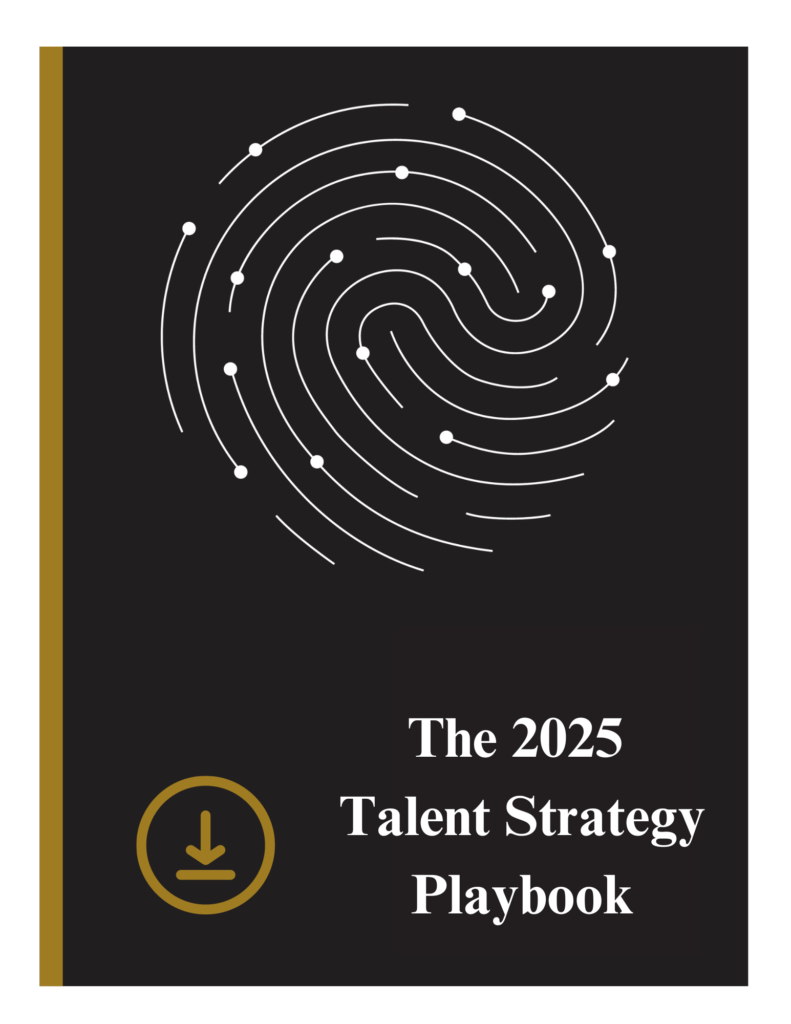by Nicole Degi
Emotional intelligence has become more of a determining factor in identifying top-tier talent. For executives tasked with leading organizations, inspiring teams and navigating complex challenges, emotional intelligence can be the differentiator that elevates good leaders to great ones.
Emotional intelligence is the ability to recognize, understand and manage someone’s emotions while also empathizing with and influencing the emotions of others. Self-awareness, self-regulation, motivation, empathy, and social skills are key factors of emotional intelligence.
Why is Emotional Intelligence important?
- It will build stronger relationships: Leadership is about building relationships. Executives need to inspire and trust their teams and having strong social and empathy skills will help leaders be their true authentic self, manage conflict and navigate diverse perspectives.
- Collaboration: A high level of emotional intelligence can create a work environment where people feel valued, understood, and respected. Creating an environment where people can communicate openly and feel comfortable contributing to the success of the organization will lead to higher engagement and productivity.
- Inspiration: A leader who is emotionally intelligent understands what drives their team members and knows how to align the motivators to the organization’s goals while fostering an environment that inspires others.
- Drive Change Effectively: Change is inevitable in every organization. Leaders with strong emotional intelligence are better equipped to anticipate and navigate these shifts, effectively implementing new strategies and initiatives.
- Balanced Decisions: Oftentimes, executives are faced with situations and making impactful decisions. If you have a strong sense of self-awareness and self-regulation it will help you to stay calm when making decisions and consider multiple viewpoints which will lead to more thoughtful and balanced outcomes.
If Emotional Intelligence does not come naturally, it can be developed with intentional practice through the following:
- Seek Feedback: Seek input from leaders, mentors, and team members to identify areas for growth. Everyone has weaknesses and recognizing them is essential. Focus on how you can learn, develop, and overcome any challenges these weaknesses may present.
- Listen to hear: Making a conscious effort to actively listen and fully understand people’s perspectives without interrupting or formulating responses prematurely is a key trait in someone with high emotional intelligence.
- Self-Reflect: Everyone approaches self-reflection in various ways. Some may find it helpful to journal thoughts, while others may find it important to discuss emotions openly and take moments to pause and reflect. It’s also important to see situations from others’ perspectives, identifying areas where you can improve, and track progress over time.
- Improved Self-Awareness: Understanding your own emotions helps you recognize triggers, manage reactions, and make thoughtful decisions.
- Enhanced Communication Skills: Emotionally intelligent individuals can express themselves clearly and listen actively, improving both personal and professional interactions, and build stronger relationships.
- Better Stress Management: Recognizing and regulating emotions helps you stay calm under pressure and adapt to challenging situations.
As companies grow and the demands of leaders become more complex, emotional intelligence has become vital. Whether you’re a seasoned executive or an emerging leader, investing in emotional intelligence is an investment in your leadership potential—and ultimately, your organization’s success.



















